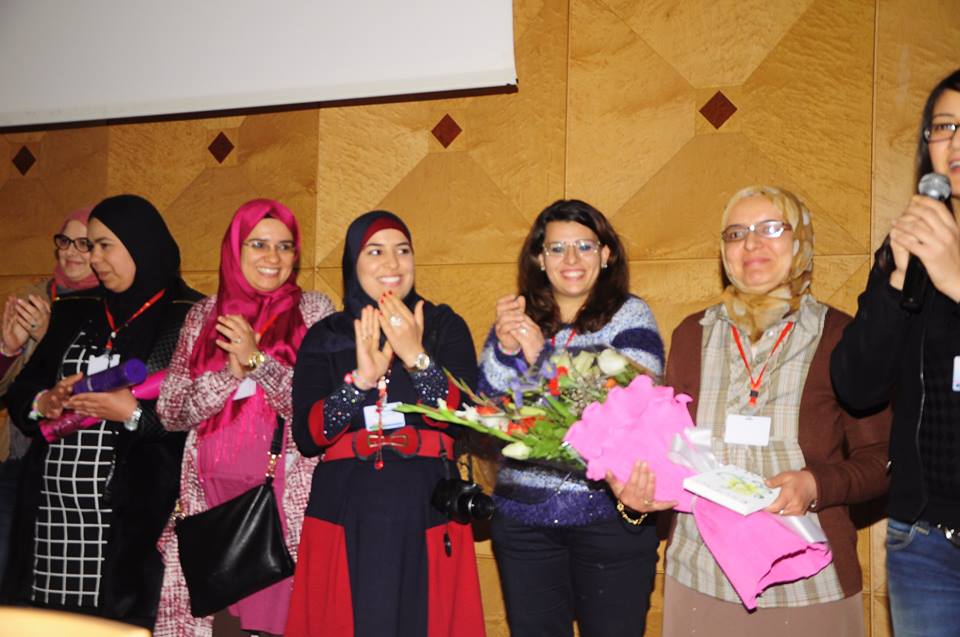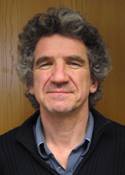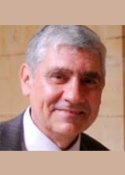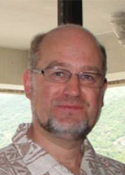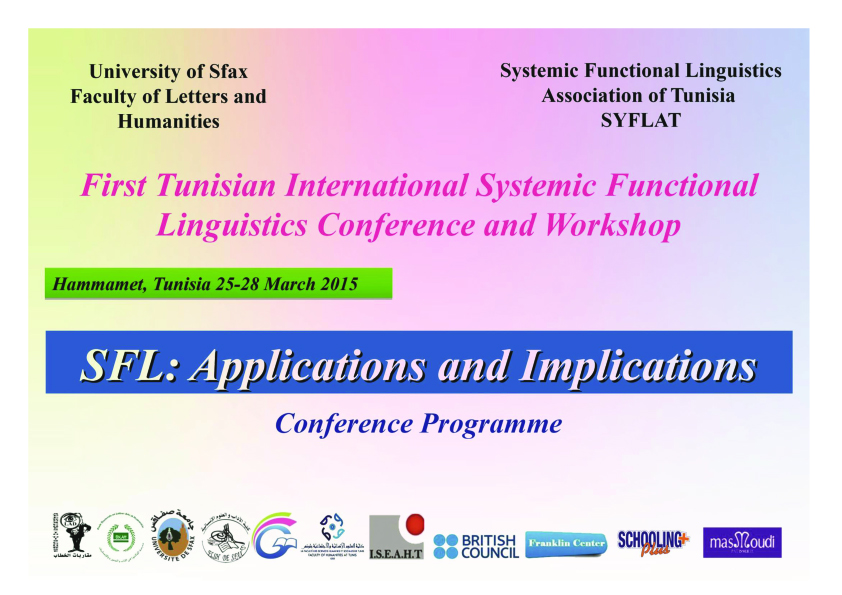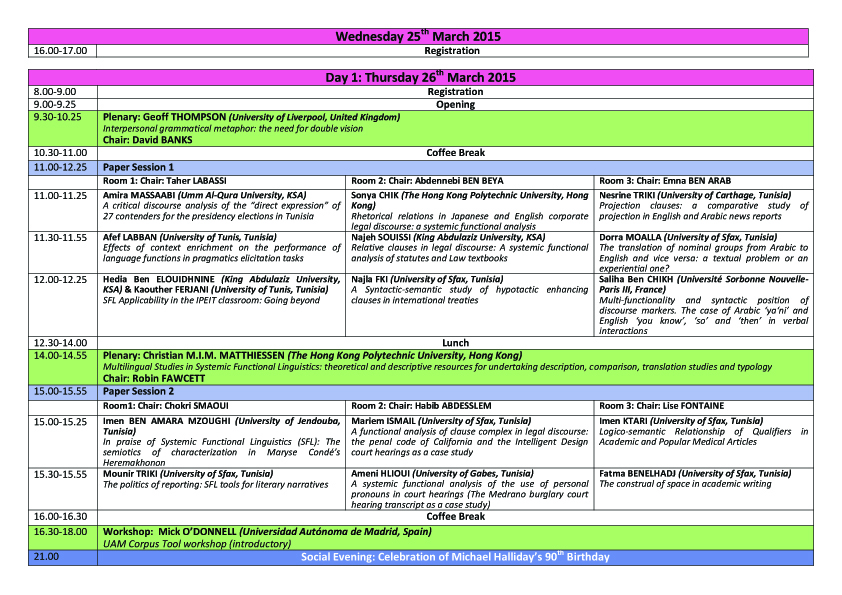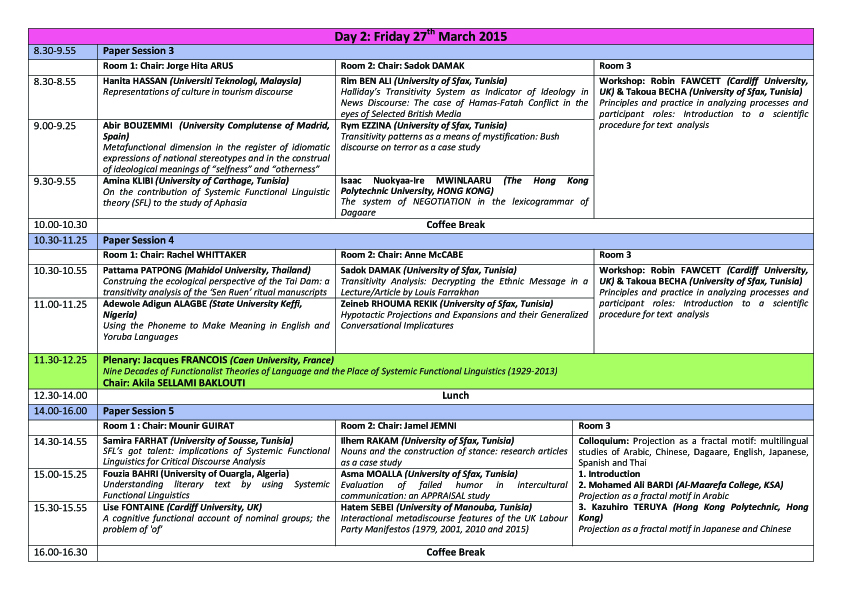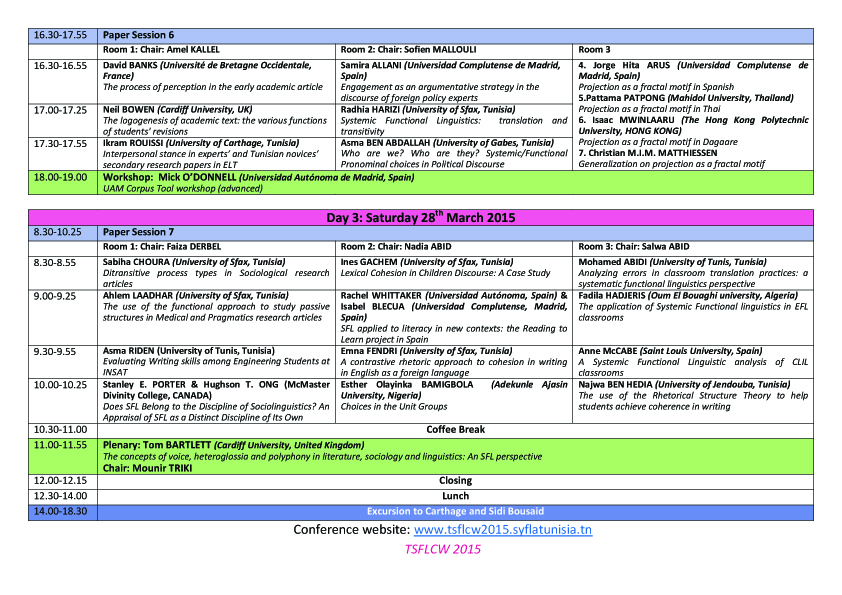Since its advent in the 1960s, Systemic Functional Linguistics (SFL) has tried to “provide something to think with, a framework of related concepts that can be drawn on in many different contexts where there are problems that turn out to be, when investigated, essentially problems of language” Halliday (2009: viii). In fact, SFL has attracted the attention of scholars in a wide range of domains who have used it as a theoretical resource to analyze various types of texts, describe a significant number of languages and offer theoretical explications of how language and other semiotic systems work. The continual progress and evolution of SFL as a fully developed linguistic theory has made of it more than just an efficient analytic tool as it has gained the power to contribute to the development of many domains, ranging from those which are theory-oriented such as (Critical) Discourse Analysis, and Computational Linguistics to those which are quite practical where problems have to be solved, such as Language Learning and Teaching and Clinical Applications, to cite a few.
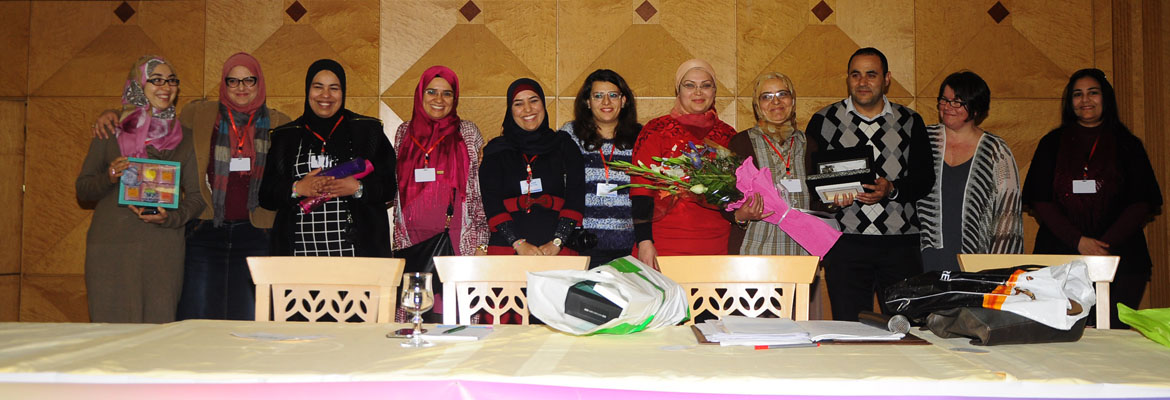
Related Gallery
SFL: Applications and Implications
Since its advent in the 1960s, Systemic Functional Linguistics (SFL) has tried to “provide something to think with, a framework of related concepts that can be drawn on in many different contexts where there are problems that turn out to be, when investigated, essentially problems of language” Halliday (2009: viii). In fact, SFL has attracted the attention of scholars in a wide range of domains who have used it as a theoretical resource to analyze various types of texts, describe a significant number of languages and offer theoretical explications of how language and other semiotic systems work. The continual progress and evolution of SFL as a fully developed linguistic theory has made of it more than just an efficient analytic tool as it has gained the power to contribute to the development of many domains, ranging from those which are theory-oriented such as (Critical) Discourse Analysis, and Computational Linguistics to those which are quite practical where problems have to be solved, such as Language Learning and Teaching and Clinical Applications, to cite a few.
Thanks to this functional orientation and this “daring to develop appliable linguistics when application was a sign of theoretical impurity” (Matthiessen, 2014), SFL has raised theoretical debates with other formally/structurally-oriented accounts/theories of language. This dialogical interaction with other theories can be seen not only as sign of complementarity, as it is “unlikely that any one account of language will be appropriate for all purposes” (Halliday, 1994), but also as evidence for this complex phenomenon that has intrigued linguists and philosophers since the ancient Greek times: LANGUAGE.
Upon this rests the theme of the conference with the aim of bringing together researchers from different fields to contribute to the debate on the SFL Applications (appliability of SFL analytic framework to other disciplines) and Implications (theoretical interaction with other theories).
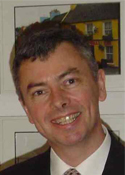
Mick O'Donnell
Universidad Autónoma
UAM CorpustTool Workshop
Akila Sellami Baklouti, FLSH, Sfax
Ahlem Laadhar, FLSH, Sfax
Ameni Hlioui, ISL, Gabes
Amir Ladhar, ISIMS, Sfax
Fatma Benelhaj, FLSH, Sfax
Hedi Charfi, FLSH, Sfax
Ilhem Rakam, FLSH, Sfax
Imen Ktari, ISLAIB, Beja
Lise Fontaine, Cardiff University
Najeh Souissi, FLSH, Sfax
Najla Feki, FLSH, Sfax
Nesrine Triki, ISLN, Carthage University
Sabiha Choura, ISEAH, Gafsa
Takoua Becha, FLSH, Sfax
The conference welcomes multidisciplinary researches and perspectives on the implications and applications of SFL in connection with, but not limited to, the following topics:
SFL and Language Learning/Teaching
SFL and other Language Theories
SFL and (Critical) Discourse Analysis
SFL and Genre Theory
SFL and Computational Linguistics
SFL and Translation Studies
SFL and Literary Criticism
SFL and ESP/ EAP
SFL and Sociolinguistics
SFL and Forensic Liguistics
SFL and Language Impairment
SFL and Language Development
SFL and Appraisal Theory
SFL and Multimodality and Multimodal Literacy
SFL and Corpus Linguistics
SFL and the Teaching of Literature
SFL and Culture Studies
SFL and the Description of Languages

